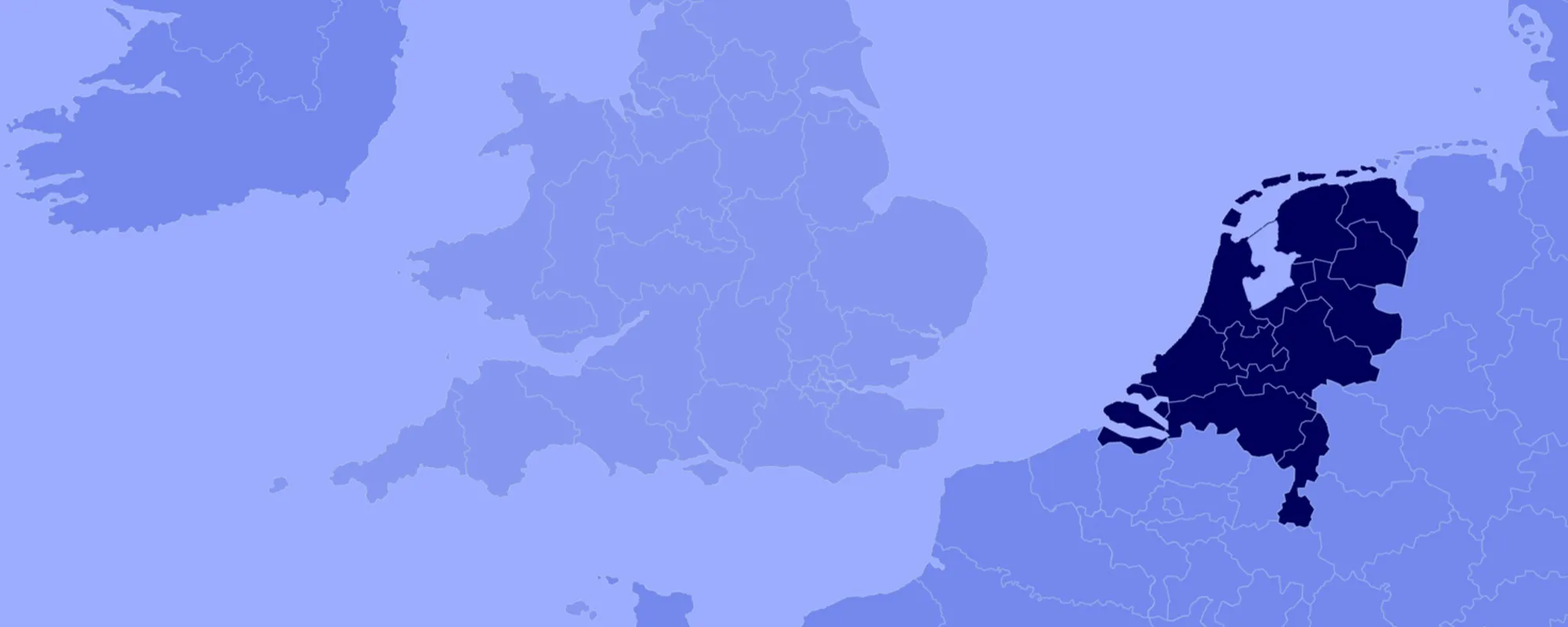The Social Impact Fund Rotterdam is very successful. Following this example, new place-based impact funds are now created in the Dutch cities of The Hague, Amsterdam, Utrecht and Haarlem. Total envisaged combined fund volume in these cities is € 55 M within a few years (of which about € 8,4 M ERDF money). At fund level, these funds will raise over € 40 M of private money. At deal level, this leverage even adds up, as social enterprises will also bring in their own money and other external capital.These local social impact funds can and will exchange a lot of useful information, e.g. on setting up the right business models, how to integrate policy goals and budgets of local authorities, how to get local communities involved, etc. The results of the companies are not only monitored in terms of financial revenue, but also on social impact.
The ERDF money is used as a subsidy at fund level, to cover risks and first losses at fund level. Herewith, this fund is using a system of asymmetric loss-sharing between public and private investors (at fund level). This is also known as Blended Finance. A new future development could be to combine ERDF money (subsidy) and EIB money (loan), to increase volume and impact.
| Competition theme: Constructive collaboration Submitting organisation: Managing Authority Kansen voor West (NL) Type of authority: Managing Authority Financial instrument name: Social Impact Fund Rotterdam |
| Country: Netherlands Funding source: ERDF Type of financial product: Loan Financial size: EUR 10 500 000 |


